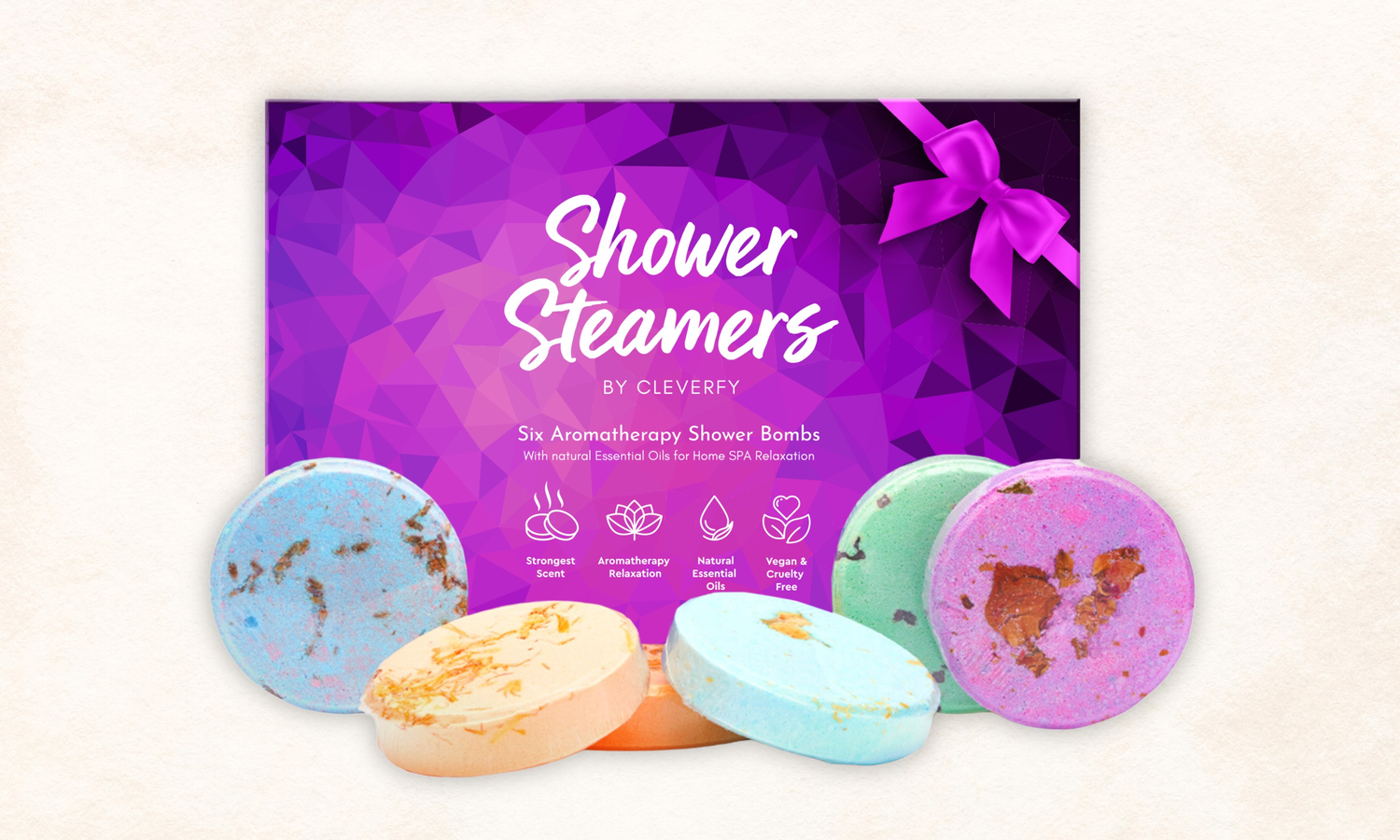For thousands of years, people have used herbs due to their vital medicinal and aromatic properties. Both wealthy men and women had themselves scented in ancient Greece and Rome. Ancient Egyptians used aroma-producing oils in their steam rooms. Moreover, throughout the civilization, people believed botanicals with balmy fragrances were linked to spirituality.
Aromatherapy, aka essential oils therapy, incorporates essential oils to treat ailments and has evolved over the years. It is the holistic approach and application of essential oils to promote physiological and emotional wellness alike. Modern aromatherapy works through the sense of smell and skin absorption, harnessing the subtle therapeutic aspects of essential oils.
Essential oils are potent and highly concentrated fine fractions of naturally occurring compounds obtained from plants' roots, bark, seeds, leaves, and flowers. Therefore, only a tiny drop is all you need to get the therapeutic effect! Each essential oil has its unique chemical makeup, which highlights its benefits. When it comes to aromatherapy, essential oils can create specific emotional responses depending on their chemical makeup.
Science Behind Aromatherapy
The aroma from essential oil travels through the olfactory pathway directly into the brain's limbic system when we breathe in. This limbic system is the sector of the brain that controls memory and emotion. When we smell something, our limbic system stores, interprets, and releases-chemical messengers (neurotransmitters), triggering a behavioral response in the body. Therefore, many believe that inhalation of essential oils can deeply affect the mind, body, and mood.
No wonder why aromatherapy can be extremely helpful in managing the mood whether you feel overwhelmed, need to be re-energized and motivated, or need calming and peaceful feelings throughout the day. Let's learn how aromatherapy helps with stress, anxiety, and depression.
Stress: A feeling of emotional or physical tension. People under stress experience irritability, anger, fatigue, muscle pain, digestive troubles, and difficulty sleeping.
Aromatherapy is renowned for its stress-reducing effect. Essential oils like bergamot, mandarin, and lavender help reduce stress, promoting happiness. Plus, these essential oils improve sleep quality and effectively battle stress-induced insomnia. Peony scents help improve relaxed moods as well.
Anxiety: A feeling of fear or uncertainty about what's to come. It is defined by persistent, excessive worries that don't go away even without a stressor.
Many believe rose essential oil's divine, sweet, floral scent has a relaxing effect. Several studies revealed that rose essential oil helps decrease most anxiety symptoms, including blood pressure, heart rates, breathing rates, cortisol, and blood oxygen levels. Lemongrass aromatherapy also eases anxiety-related symptoms such as high blood pressure and pain.
Depression: A severe mood disorder that negatively affects how you feel, think, and act. Depression leads to intense sadness and low mood that hugely affect daily life. The science-backed study supports for aromatherapy to relieve depression symptoms. For example, Rose essential oil acts as an anti-depressant. It is thought that rose oil promotes the release of dopamine - a chemical messenger. Dopamine plays a role in feeling pleasure and has an essential role in the uniquely human ability to think and plan.
Guess what? now you can enjoy these amazing benefits while you are in the shower. Just take a shower with CLEVERFY Shower Steamers when you feel worried, unwind daily stress, or need some extra boost.




